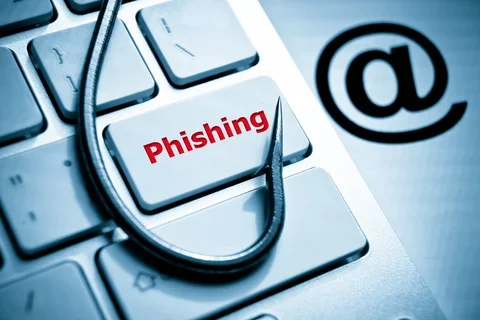Illusion of Flattery
Emotional Manipulation in Phishing Emails

Phishing emails pose a constant threat, and we are seeing a significant increase, not only in frequency, but also in the level of sophistication and perceived legitimacy. One particularly effective technique employed by cybercriminals is exploiting emotions, with flattery being a key element.
Phishing emails that play on emotions often begin with attention-grabbing subject lines, designed to spark curiosity. Cybercriminals, posing as trusted entities or individuals, may appeal to a target’s desire for recognition or validation.
The power of flattery lies in its ability to evoke an emotional response. By capitalizing on a natural inclination for us to seek approval and praise, cybercriminals can manipulate us into lowering our guard and becoming more susceptible to taking actions that, unfortunately, advance their fraudulent agenda. Flattery as a weapon can exploit the vulnerability of human emotions and the consequences can be far-reaching, impacting both individuals and organizations.
To protect against these emotionally manipulative attacks, it is crucial to remain vigilant and skeptical when receiving unsolicited emails, even if they appear to come from trusted sources. If you are unsure, be sure to verify the authenticity of any claims made in an email through alternative channels. Pay attention to the sender's email address, scrutinize the content for errors or inconsistencies, and refrain from clicking on suspicious links or downloading attachments without proper verification.
By staying informed, maintaining a healthy skepticism, and adopting security best practices, we can protect ourselves and our organization.
We recently conducted a phishing simulation utilizing flattery. We invite you to read our notes and guidance on why the email warranted a closer look. Note, this knowledge article requires you to login (see login link within the menu options after clicking) Review Notes →



